Experts warn oversleeping this fall is a bad idea — here's why
Here's why you should resist
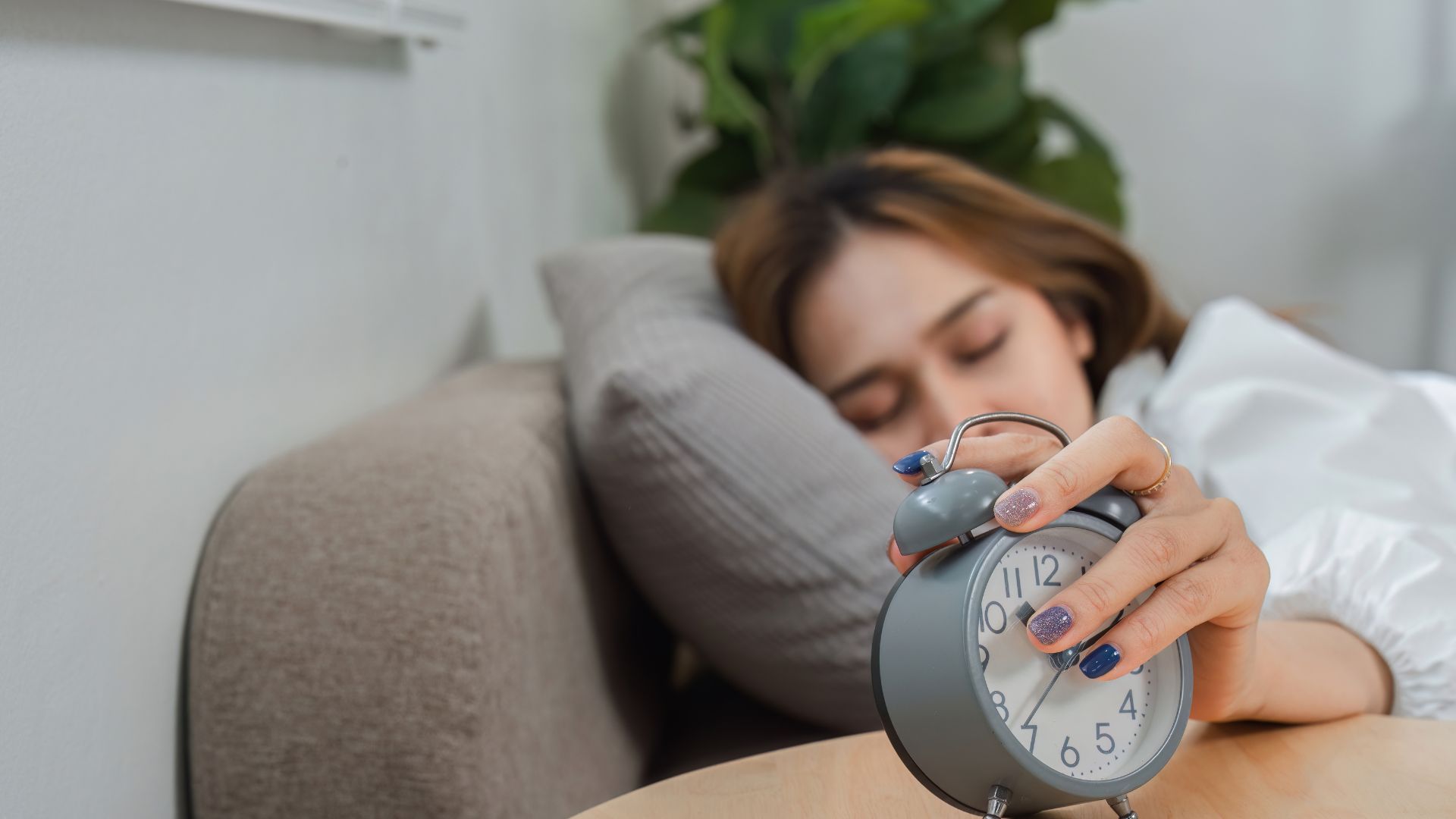
As the longer, warmer days of summer fade and are replaced by the crisper weather, and earlier sunsets of fall, it's natural that you may find yourself wanting to hibernate.
After all, the clocks falling back on November 2nd will lead to darkness closing in even earlier in the evening, and cooler weather curtails our instinct to be as active outdoors.
But even if you've transformed your sleep space into a cozy nest perfect for colder weather, it's important not to let the arrival of fall influence you to sleep more than you need to.
Here, we'll explore why and offer some great tips for how you can get the best rest as the seasons change.
Why do we want more sleep in winter?
In the winter, the days become increasingly shorter, which means there's less daylight. Since our bodies produce melatonin (the 'sleepy' hormone) in response to darkness, we're naturally going to feel sleepier sooner, since the sun goes down much earlier.
And although the clocks going back in November will briefly make mornings lighter, the days will continue to get shorter so darker mornings (which anyone who has both gone to work and come home in darkness will know!) are inevitable. And with that comes a desire to sleep in for longer.
Without natural light, the body remains in nighttime mode
“It’s difficult to wake up in the dark because our bodies depend on light to suppress melatonin, the hormone responsible for making us feel sleepy," Dr. Chelsea Perry previously explained to us.
Get instant access to breaking news, the hottest reviews, great deals and helpful tips.
"Without natural light, the body remains in nighttime mode, making it harder to get moving,"
Vitamin D, which our bodies produce when we absorb sunlight through our skin, is also in shorter (natural) supply.
As well as playing a role in regulating our sleep-wake cycle, a deficiency in this particular vitamin (which is more common in colder months) can lead to symptoms including fatigue in adults.
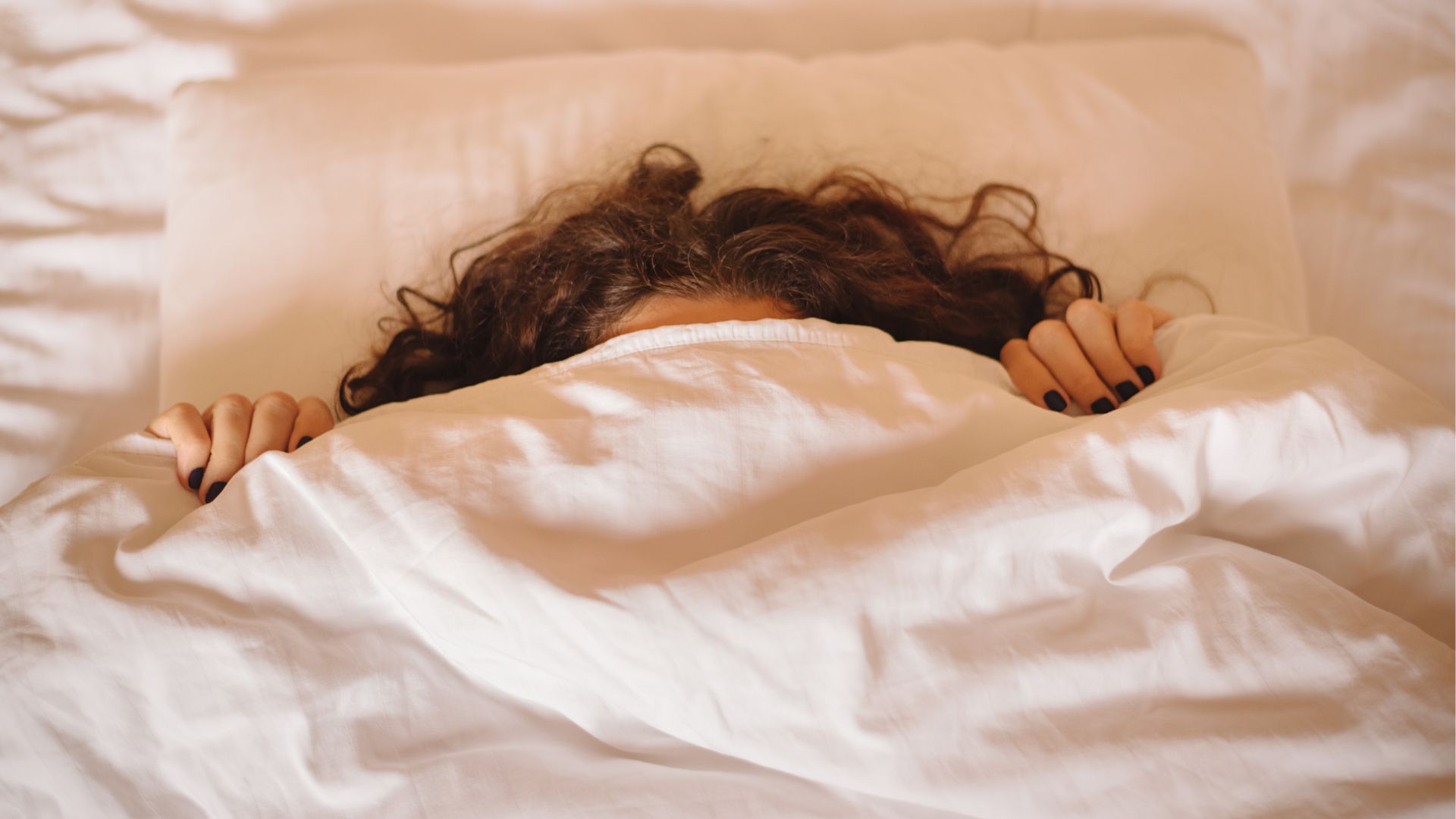
The drop in outside temperature may play a role too. Research in animals indicates that increased melatonin production is associated with exposure to the cold. Added to all of this is the simple fact that when it's chilly and dark, we're probably more inclined to cozy up in bed earlier than during summer.
One 2023 study found that people slept for an hour longer in winter than summer, and had 30 minutes more REM sleep in winter compared to spring.
But while all this points to more sleep during the cooler times of year, it may not be in your best interests to consistently oversleep as we enter fall.
Why you should resist oversleeping when the seasons change
Oversleeping, like sleep deprivation, is associated with health risks, a disrupted circadian rhythm and feeling groggy during the day. Here's why you should resist sleeping in.
Regular sleep patterns are important
A consistent sleep schedule, where you go to sleep and wake up at the same time, is important for regulating your circadian rhythm (or internal body clock), which among other functions, controls your sleep-wake cycle.
If longer sleeps and long lie-ins on cold winter mornings mean you're regularly oversleeping (which is generally considered sleeping for 9 or more hours over 24 hours), it can negatively impact your sleep overall.
“Ironically, too much sleep can also mess with your body’s natural rhythms, leading to trouble falling or staying asleep at night,” clinical psychologist Dr. Leah Kaylor previously explained to us.
And a recent study also indicates that keeping your sleep patterns consistent throughout the year is better for your overall health too, as researchers found that "sleep regularity is an important predictor of mortality risk and is a stronger predictor than sleep duration."
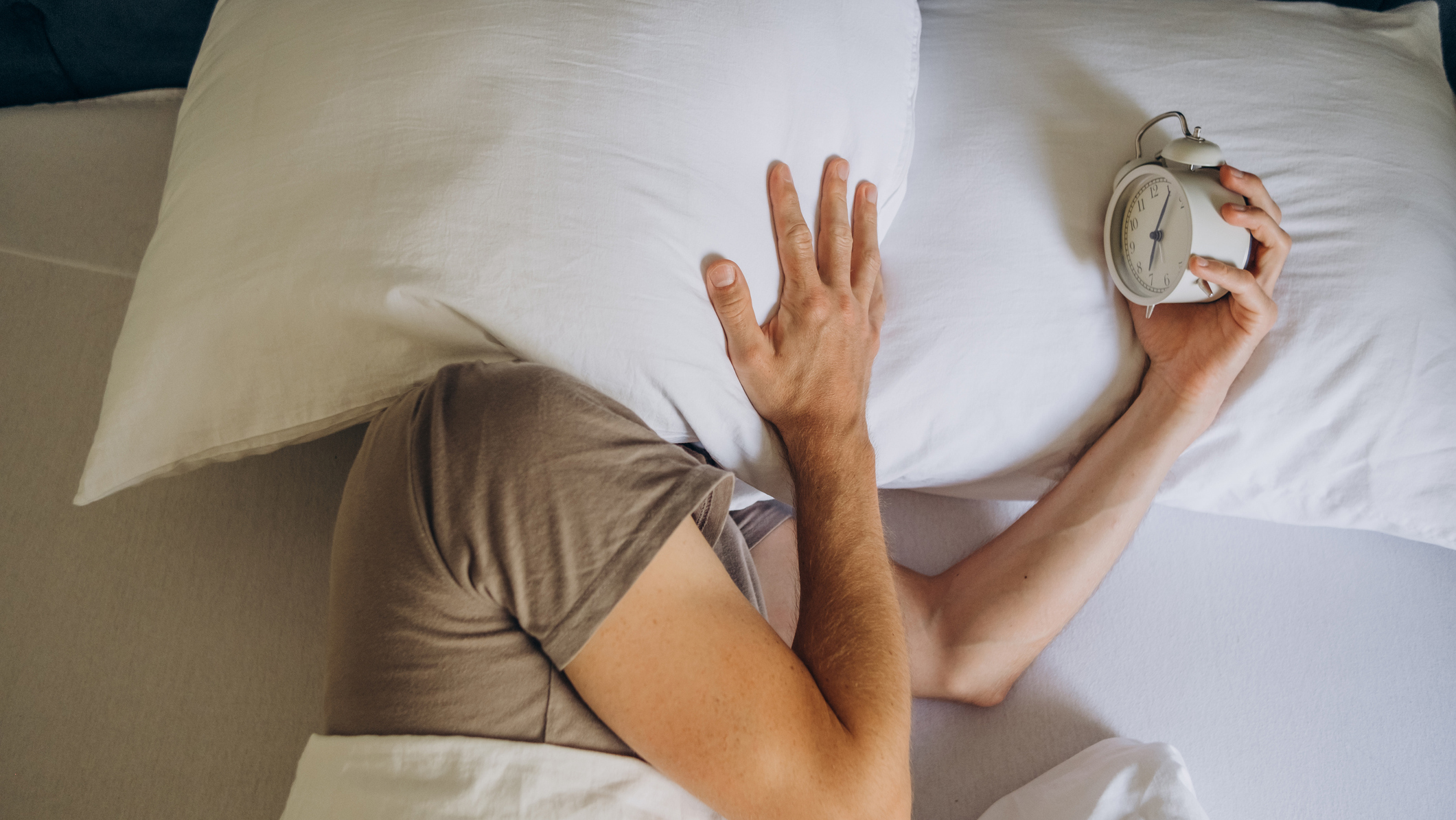
Poor health
Speaking of health, you may be surprised to learn that oversleeping is linked to a variety of health issues.
Sleep doctor and Chief Sleep Advisor at Purple, Dr. Michael Breus, previously explained to us that risks to health associated with oversleeping include the likes of "heart disease, metabolic problems such as diabetes and obesity, and cognitive issues including difficulty with memory."
Sleeping for 9 hours or more a night led to a 23% increased risk of stroke
One study published in the journal Neurology, analyzing the sleep and nap habits of 32,000 adults (average age 62), found that sleeping for 9 hours or more a night led to a 23% increased risk of stroke.
While another study found that longer sleep (8 hours or more) was associated with "lower brain function scores" both in the groups aged 50-64 and aged 65-89.
However, it is important to be aware that oversleeping can also be a symptom of, or connected to, existing health issues, such as depression.
“There are many possible causes of oversleeping, from misaligned chronotypes to poor sleep hygiene, caffeine and alcohol abuse, medications, or something more serious like depression or a sleep disorder," Dr. Breus told us.
If you find yourself feeling more tired and/or consistently clocking 9 hours or more, Dr. Breus advised that you should speak to your doctor.
You'll feel more tired
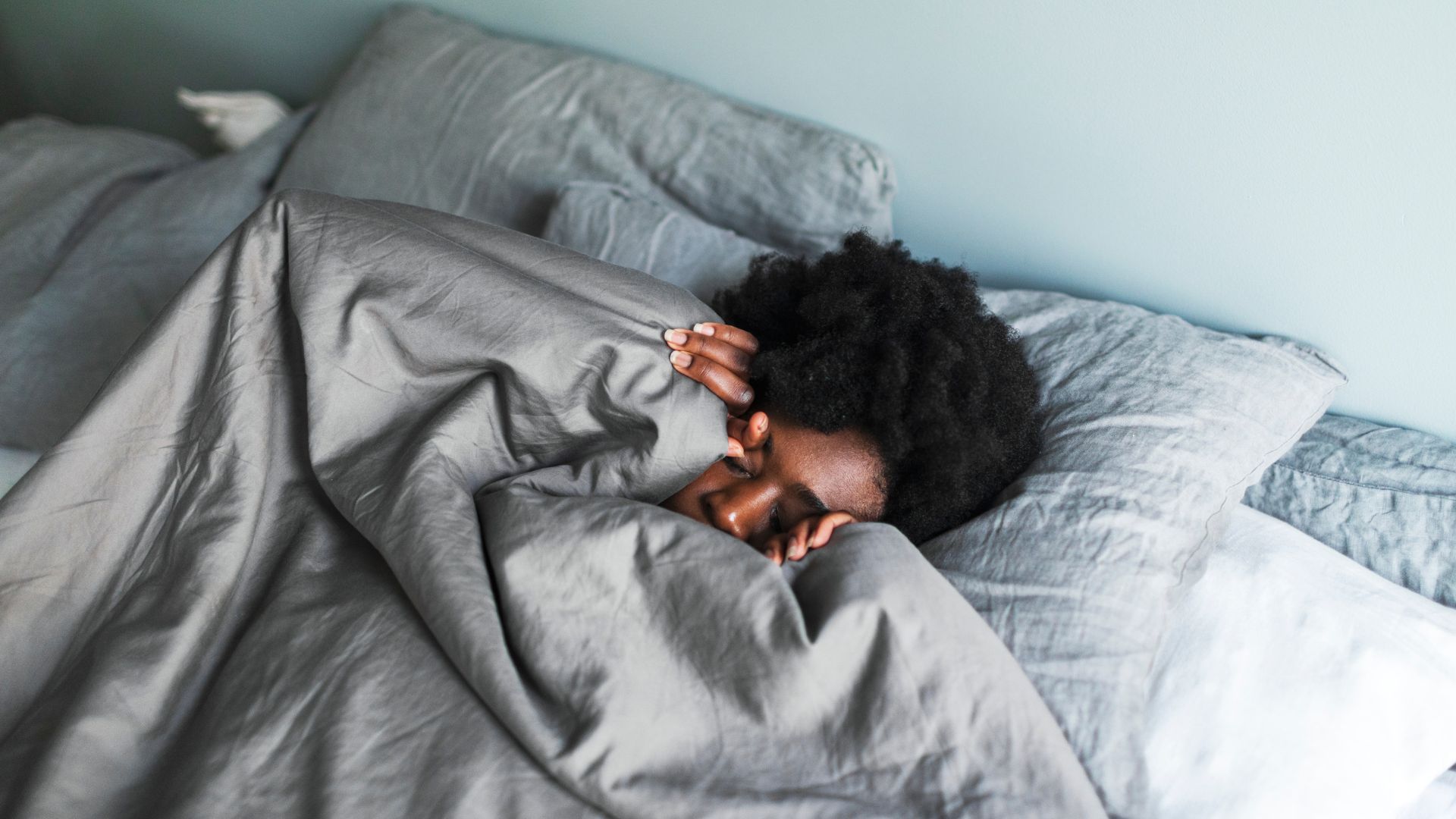
According to Harvard Health, oversleeping, and therefore altering your regular sleep patterns can disrupt your circadian rhythm and leave you with less energy during the day.
“Fatigue from oversleeping can mirror the effects of sleep deprivation," Dr Kaylor previously explained.
"Instead of feeling refreshed, you may wake up feeling just as tired as when you went to bed,” she said.
Plus, if you're sleeping longer as the mornings get colder and darker, for example for 9 hours instead of 7.5, it may be that you're waking up during deep sleep, rather than in a lighter sleep stage at the end of a sleep cycle.
"If you wake during deep sleep, you’re likely to feel groggy, heavy-headed, and slow – this is called sleep inertia," Heather Darwall-Smith, UKCP psychotherapist and sleep specialist, told us.
Top tips to sleep well during a season change
Get plenty of daylight (especially in the morning)
One simple way to help yourself sleep well as we enter the colder months is to expose yourself to plenty of light in the mornings.
Light signals to our bodies to supress melatonin and stimulates the production of cortisol, a hormone that helps us feel alert and energized. Exposure to daylight (and in the morning in particular) supports your circadian rhythm, which in turn means you're more likely feel sleepy at night at the right time.
A recent study also found that morning exposure to sunlight had a significant impact on sleep quality the same night, leading to falling asleep faster after getting into bed and waking up less during the night.
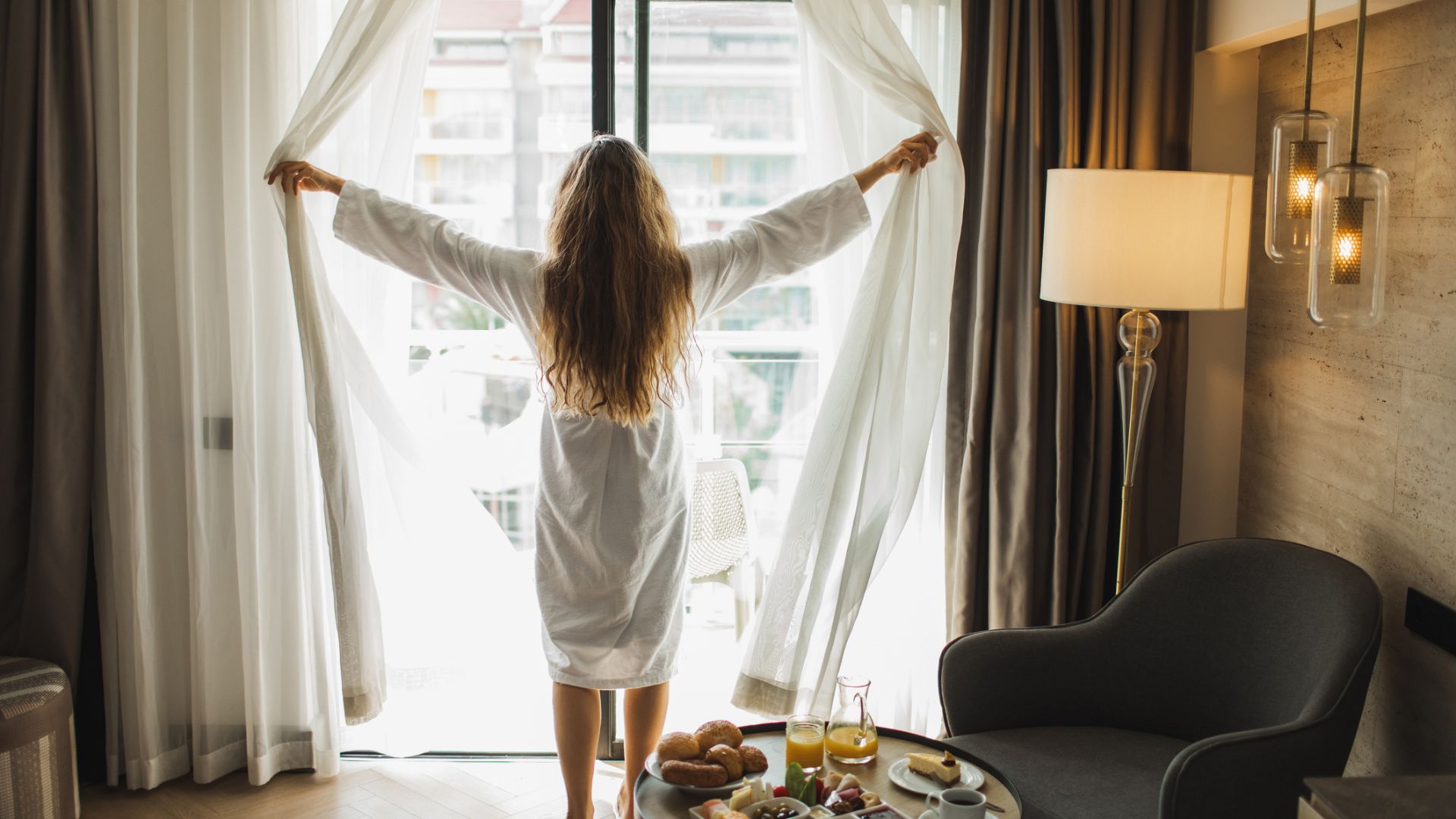
Practise good sleep hygiene
Sleep hygiene isn't just about keeping your bed clean, although, in fairness, that is part of it. The term refers to having healthy sleep habits and ensuring that your sleep environment is optimized for good rest, all of which will help you to maintain sleep.
For example, ensuring that your diet is full of foods that are good for sleep, and that you avoid consuming stimulants like caffeine too late in the day, as well as limiting sleep disruptors like alcohol.
Other aspects are practicing a nighttime routine (which we'll get into below) and ensuring that your bedroom is conducive to sleep.
The latter can be done by making sure your sleep space isn't cluttered, maintaining a cool enough temperature for sleep (generally 16-19C (or 60-67F)), keeping light and noise to a minimum (which can be achieved with earplugs and blackout curtains or a sleep mask) and ensuring you have the best mattress and best pillow for your sleep style.
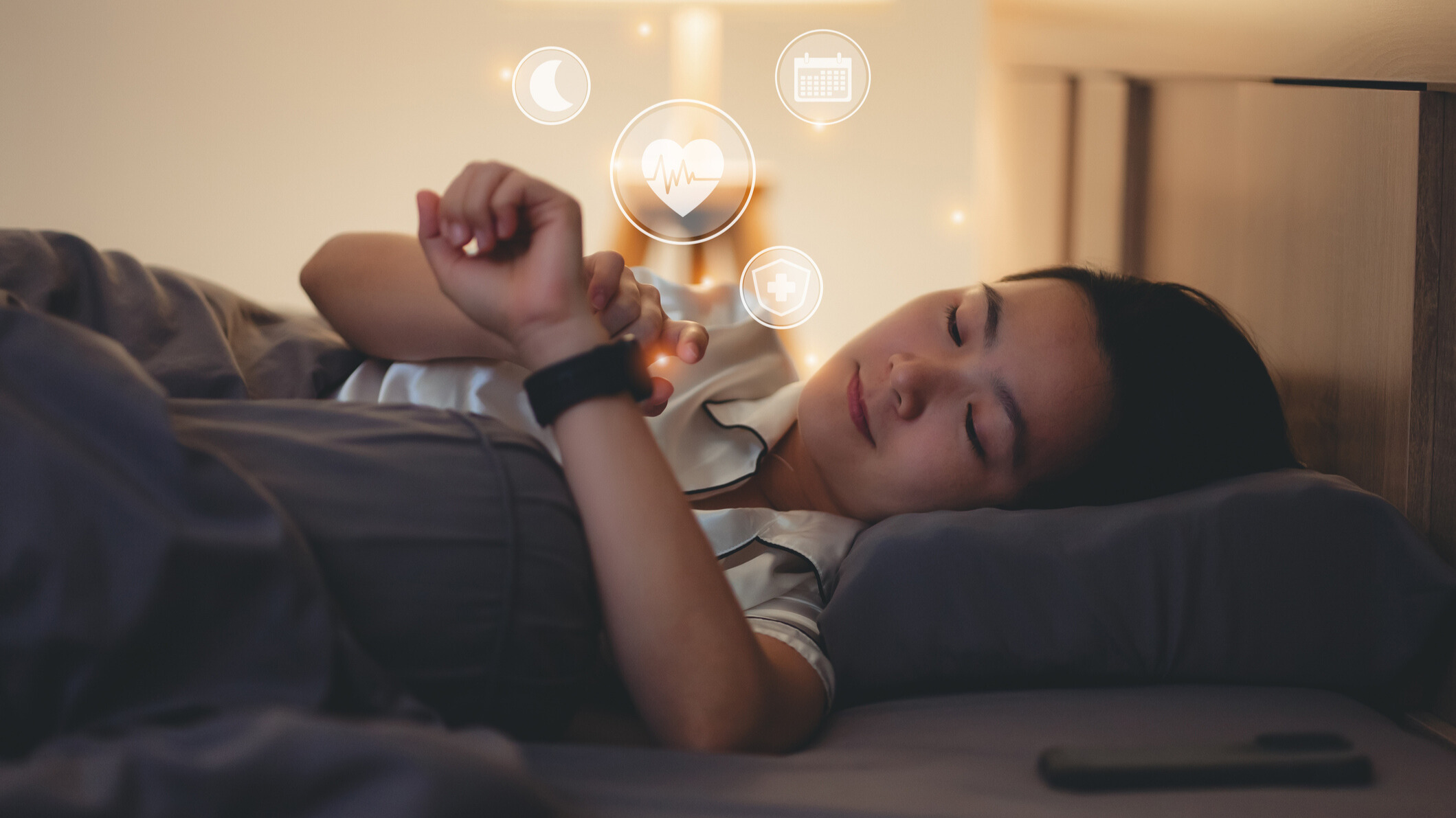
Create a calming nighttime routine
Having a nighttime routine — a series of calming activities that you do each night before bed — can help signal to your brain (and your body!) that it's time for sleep.
An example would be taking a warm shower or bath, reading a book while your favorite scented candle burning (though obviously make sure it's extinguished before you fall asleep), stretching, journaling or listening to some soothing music.
If you're consistent with your nighttime routine, even if you're shifting your sleep schedule back a little for a few days to accommodate the clocks going back in November, it should help minimize any disruption to your sleep.
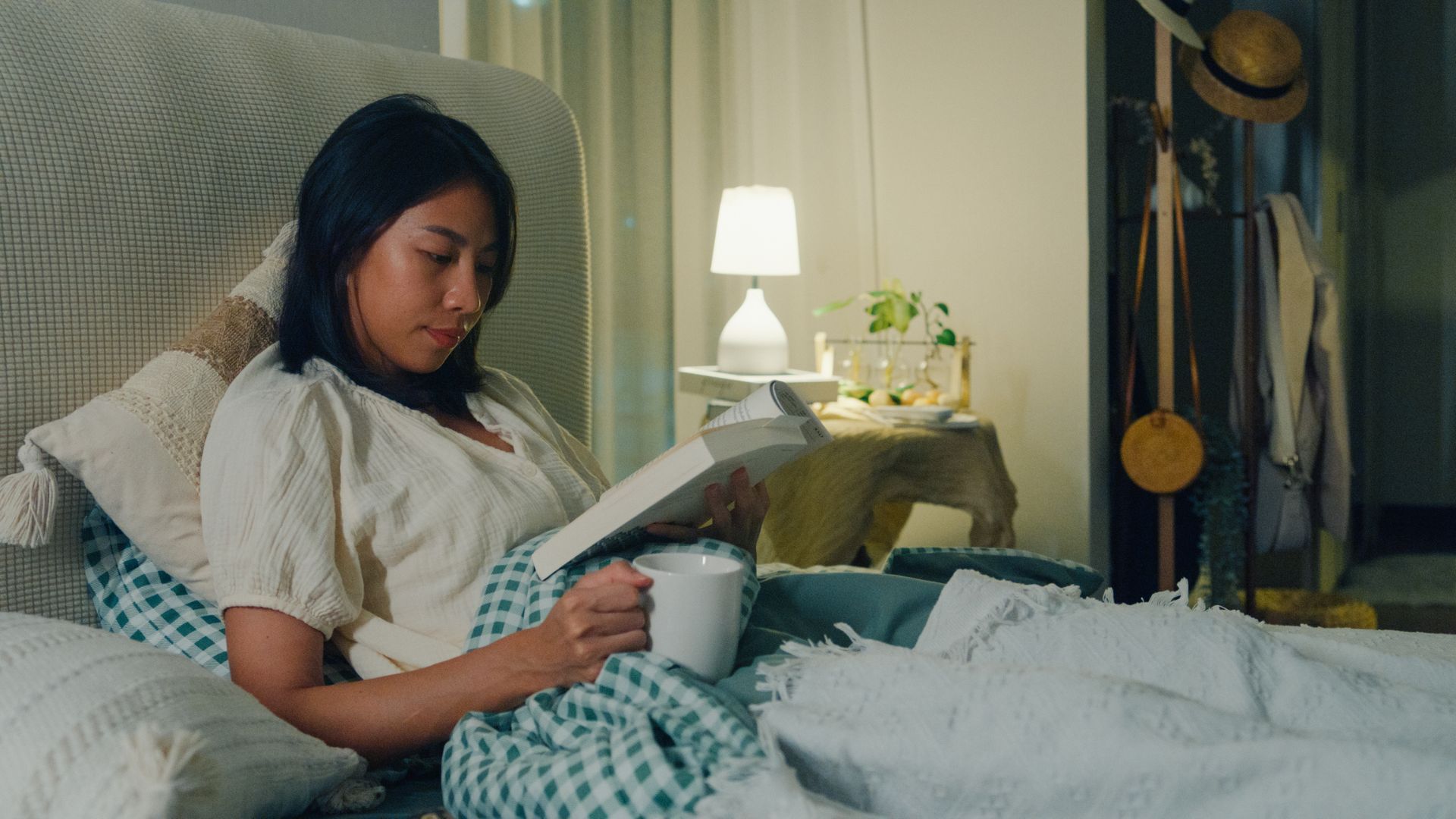
Jenny Haward is a U.K. based freelance journalist and editor with more than 15 years of experience in digital and print media. Her work has appeared in PEOPLE, Newsweek, Huffpost, Stylist, ELLE, The Sydney Morning Herald and more. Jenny specializes in health, wellness and lifestyle, taking a particular interest in sleep.
You must confirm your public display name before commenting
Please logout and then login again, you will then be prompted to enter your display name.
 Club Benefits
Club Benefits





